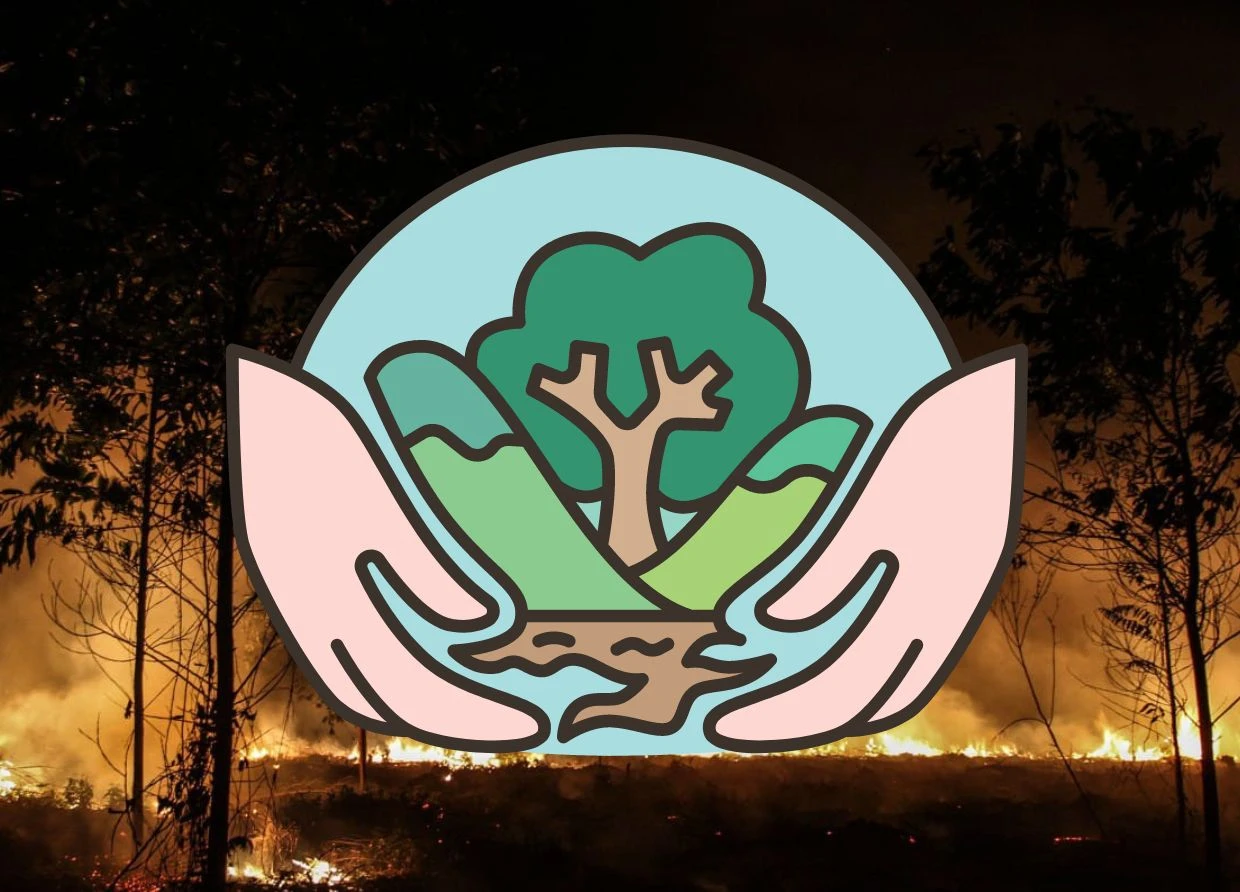COMMUNITY FOREST MANAGERS PROTECT PEATLANDS THROUGH INNOVATIVE FISH FARMING
Indonesian Villagers Turn to Fish Breeding as a Sustainable Solution to Preserve Precious Peatland Ecosystems

In a bid to safeguard their local peatlands, community forest managers in the subdistrict of Mendahara Ulu, on the island of Sumatra, have taken an innovative approach by turning to fish farming according to a report by Mongabay. These communities were granted the rights to manage their peatland by Indonesian President Joko Widodo in 2018, a moment of great pride for the villagers.
The peatland, covering 12,766 hectares (31,545 acres) in total, had been previously controlled by plantation companies, which contributed to the degradation of the valuable ecosystem. The 2015 Southeast Asia wildfire crisis wreaked havoc on the region, damaging 80% of Jambi's peatland. The fires released significant carbon emissions and caused air pollution that had long-term consequences for the environment and people's health.
The main contributing factor to the degradation of peatlands in Jambi is the excessive canal digging by plantation companies for monoculture farming. The new management approach by the local communities aims to address these issues and restore the peatlands to their natural state.
With newfound authority over their land, community leader Suryani and other volunteers have taken up patrolling duties to prevent fires, maintain proper hydration levels in the peatland, and deter illegal loggers. However, lack of funding is hampering their efforts to implement more substantial changes.
In 2014, President Jokowi pledged to devolve approximately 13 million hectares of land from the national forest estate to be managed by local communities. Research has shown that community-managed lands are often better cared for than those under centralized control. The communities of Pematang Rahim, Sinarwajo, and Sungai Beras came together and devised a management plan, focusing on protecting the peatland, sustainable harvesting of non-timber forest products, and strengthening their forestry institution.
Despite their efforts and the government's approval of their plan, insufficient funding is limiting the potential of these new forest stewards. The lack of resources is a common challenge faced by many communities engaged in similar conservation efforts.
The forestry organization in Pematang Rahim has sought support from the village chief and village budget to fund their protection efforts, but it has been met with resistance, as some chiefs prioritize other expenditures.
To overcome this obstacle, the Pematang Rahim community has embarked on a fish farming venture, breeding freshwater fish, particularly the toman or giant mudfish. This fish species is well-suited to the peatland's water conditions and can fetch a good price in the market, providing an additional source of income for the community's land-management budget.
While the fish farming initiative holds promise, challenges remain, especially with the availability of fish feed becoming a concern. Nevertheless, the community remains determined to protect their peatland and restore it to its former glory.
Indonesia, with over a third of the world's tropical peat, faces complex challenges in rehabilitating its degraded peatlands. Experts predict that a successful restoration process could take anywhere from 30 to 50 years.
The efforts of community forest managers like Suryani are crucial in this long-term restoration mission, and they hope that their innovative fish farming approach will not only conserve the peatland ecosystem but also serve as an inspiring model for others facing similar challenges in Indonesia and beyond.
#THE S MEDIA #Media Milenial #conservation #peatlands #community forest managers #Sumatra #Indonesia #fish farming #wildfire prevention #sustainable management #environmental protection #community empowerment #land stewardship #Jambi province #carbon emissions #ecosystem restoration #sustainable livelihoods #tropical peat #biodiversity conservation.conservation #biodiversity conservation


























